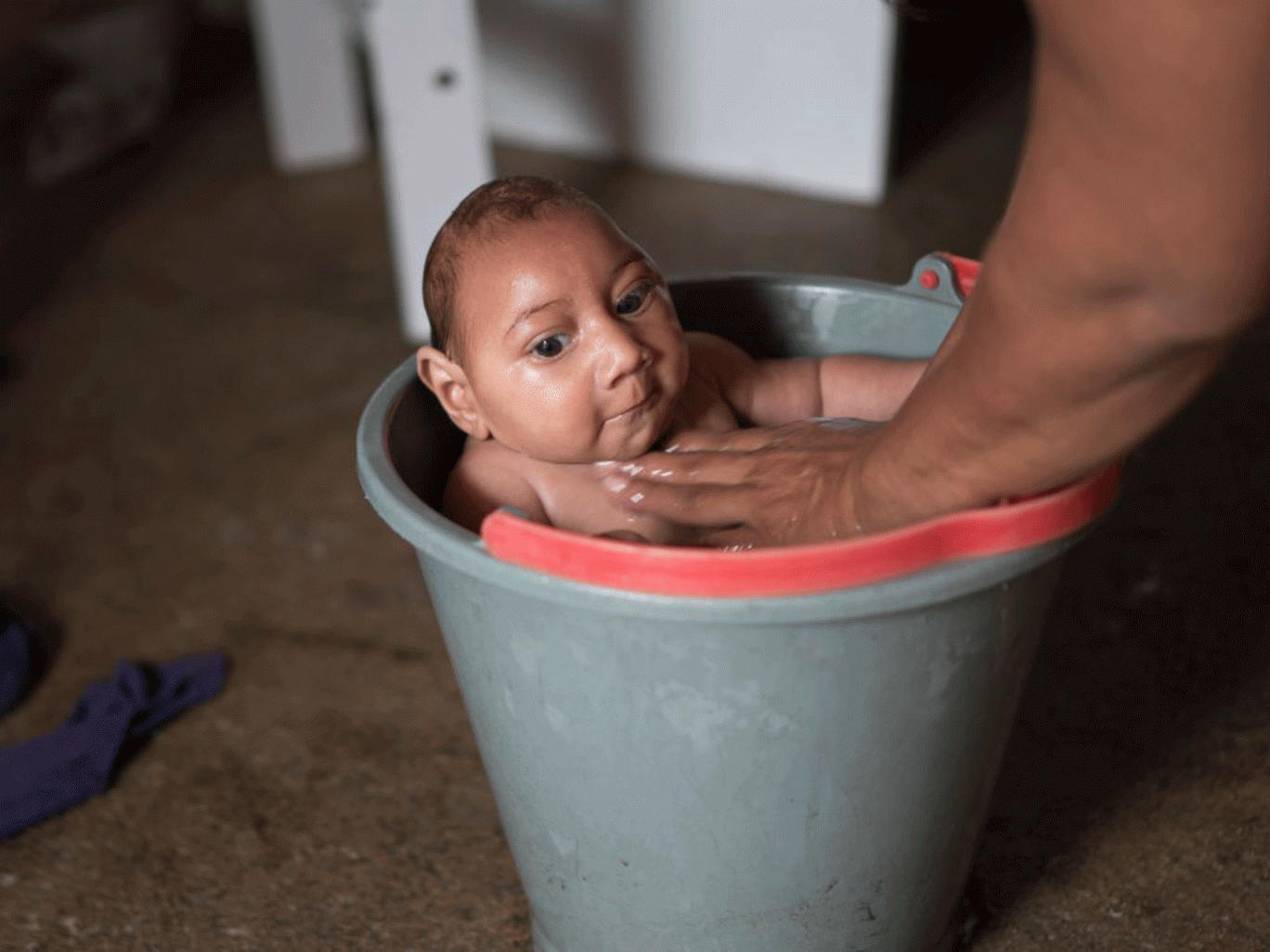- Study Says Most Parents Don’t Use Car Seats In Ride Share Vehicles Like Uber
- This 12-Year-Old Boy Is A Sophomore Aerospace Engineering Major!
- Fire Safety Experts Warn Of Hand Sanitizer Danger After A Mom and Kids Escape House Fire
- Recall Alert: Peaches May Be The Cause Of Salmonella Outbreak, 68 People Ill
- Summer Vacation In The Days Of COVID: Tips To Stay Safe
- How To Safely Grocery Shop During The Coronavirus Pandemic
- Michigan Teen With Vape-Related Illness Undergoes Double Lung Transplant
- Teen Kicks Off Anti-Vaping Campaign From Hospital Bed
- Teenager Receives Life Sentence For Strangling Sister To Death Over A Wi-Fi Password
- Toddler Falls To Death From 11th Deck of Cruise Ship
Zika Virus Warning: Should You Be Worried?


WHO (World Health Organization) announced that the recent cluster of neurological disorders and neonatal malformations reported in the Americas region constitutes a Public Health Emergency of International Concern. This comes after the International Health Regulation Emergency Committee agreed that a causal link between this cluster and Zika virus disease is strongly suspected. It constitutes an “extraordinary event” and a public health threat to other parts of the world.
Recently there have been a number of confirmed Zika virus cases – Three in Florida, two in Illinois and others in Texas and Hawaii.
So what exactly is the Zika virus and what is it caused by?
The Zika virus is transmitted via the Aedes mosquito. 80% of people who contract the virus don’t experience symptoms however some do experience mild symptoms such as a rash, pain in the joints and bones, headaches and fever and conjunctivitis (red eyes). The symptoms typically show up in 3-12 days after the mosquito bite and go away within week. Hospitalisation is uncommon and death is rare.
The virus is however very dangerous for pregnant women as the virus can be passed on to their unborn babies which can cause birth defects. The heads and brains of infected babies do not develop properly and they do not live very long.
The virus is not easily transmittable from person to person however it can spread rapidly in hot and humid weather.
All of the reported cases in the U.S – two being that of pregnant women – foreign travel was involved. The reported cases mentioned above included travel to Columbia, Venezuala, the Caribbean as well as El Salvador. The CDC has now named 14 countries and territories in Latin America and the Caribbean, including Puerto Rico, Mexico and Haiti and is advising pregnant women to avoid travel there.
There are no vaccines available against the virus however scientists are currently trying to genetically modify the mosquitos. Until then there is no solution to the outbreak.
How can you avoid contracting the virus (especially if you are pregnant)?
- Avoid foreign travel to countries experiencing an outbreak.
- Hot humid weather is an environment which mosquitos thrive in so avoid areas with this type of climate.
- Take personal measures to minimize outdoor activity.
- Wear long-sleeved shirts and long pants.
- Stay in places with air conditioning.
- Use Environmental Protection Agency (EPA)-registered insect repellents.
- If you have a baby:
- Do not use insect repellent on babies younger than two months
- Dress your child in clothing that covers arms and legs
- Cover crib, stroller, and baby carrier with mosquito netting.
- Do not apply insect repellent onto a child’s hands, eyes, mouth, and cut or irritated skin.
- Adults: Spray insect repellent onto your hands and then apply to a child’s face.
- Treat clothing and gear with permethrin-treated items. Do NOT use permethrin products directly on skin as they are intended to treat clothing.
- See your healthcare provider if you develop symptoms (fever, rash, joint pain, red eyes).
- If you have recently traveled, tell your healthcare provider.
For more information visit: www.cdc.gov/zika








0 comments